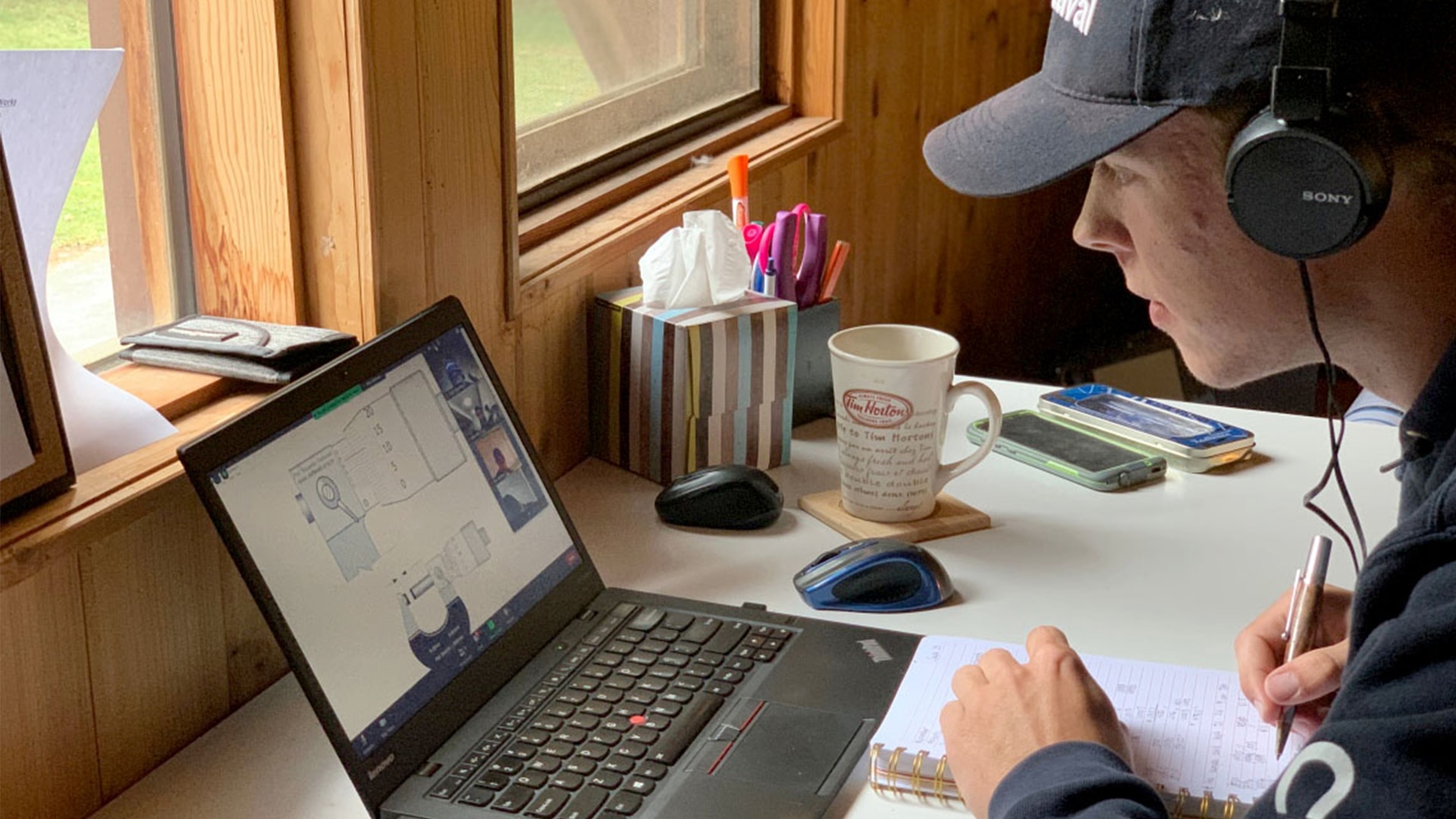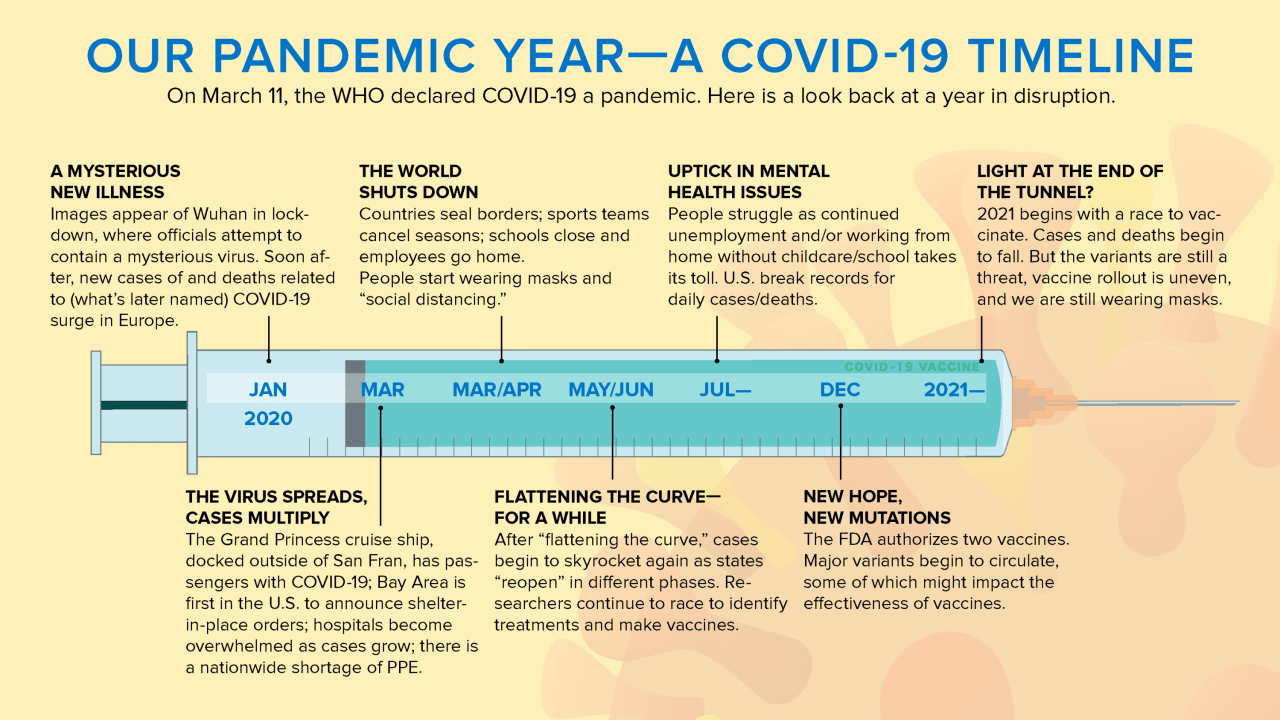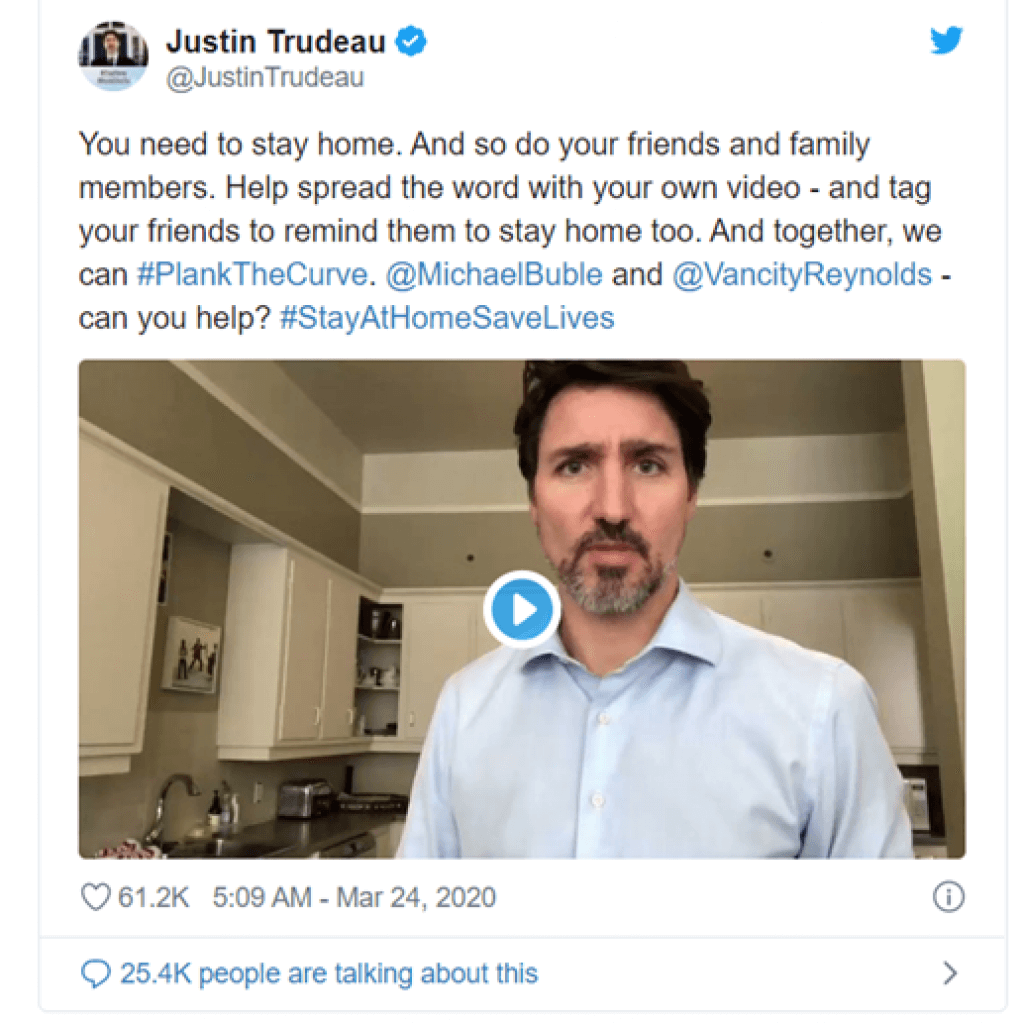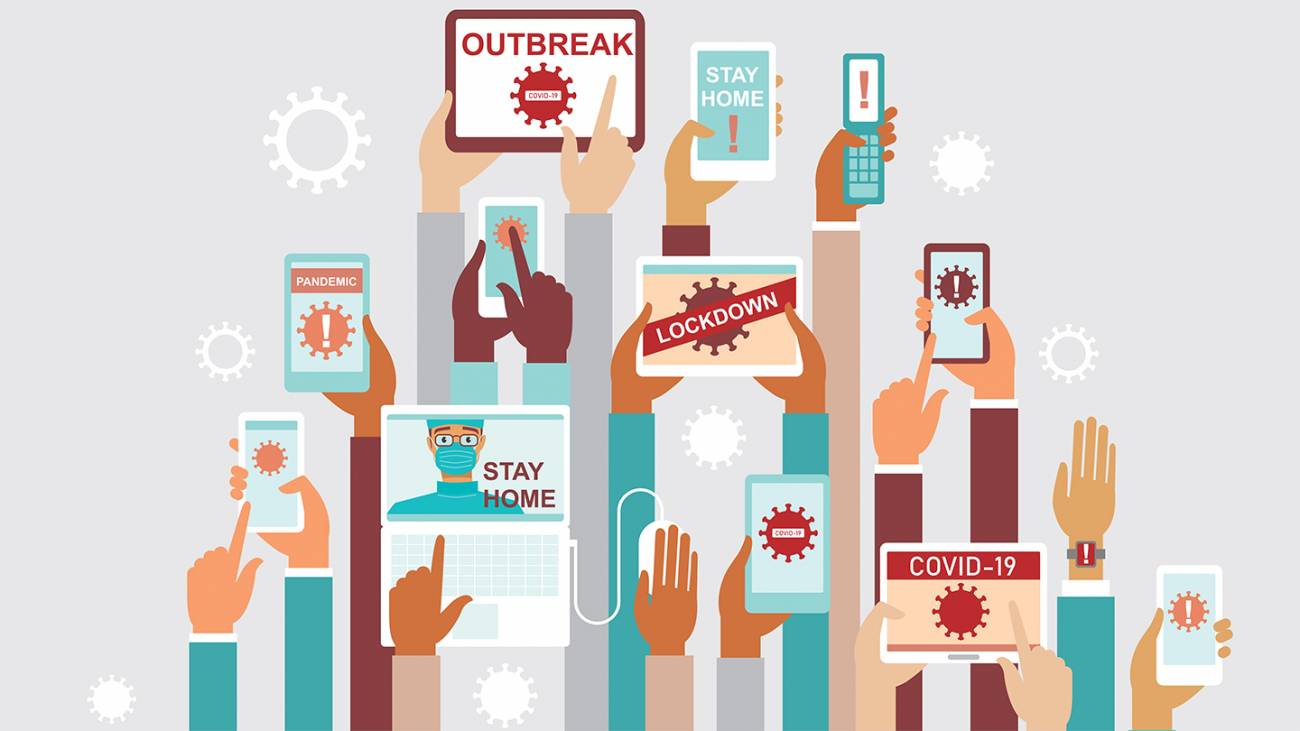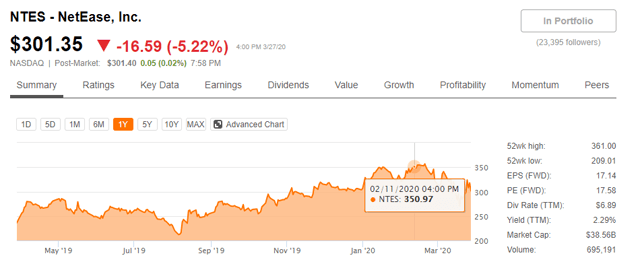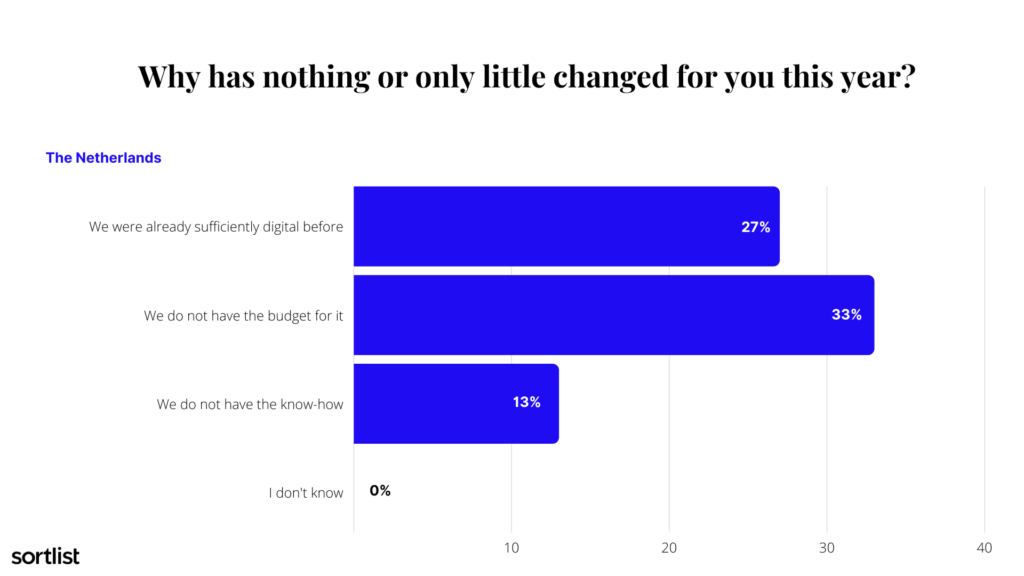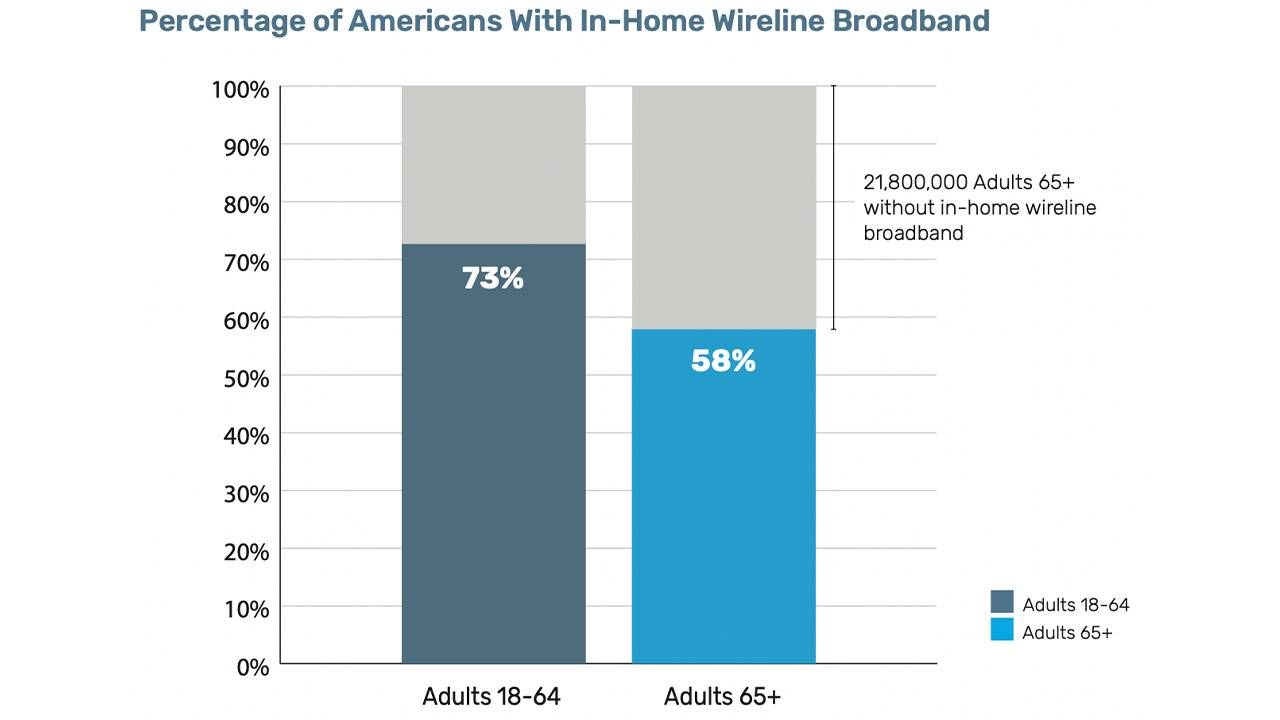The Demise of Pandemic Internet Subsidies: A Return to Digital Inequality
As the COVID-19 pandemic wanes, so too will the government subsidies that have kept millions of Americans connected to the internet. This impending change threatens to exacerbate the digital divide, leaving vulnerable communities behind. During the pandemic, the government provided billions of dollars in funding to broadband providers to help low-income households access the internet. These subsidies significantly expanded internet adoption, particularly among marginalized groups. However, as these subsidies expire, millions of Americans face the prospect of losing their internet access. The lack of affordable broadband disproportionately affects communities of color, low-income households, and rural areas. These populations are more likely to rely on the internet for essential services such as education, healthcare, and job hunting. Without access to the internet, they will face significant barriers to participating fully in the digital economy. Compounding this issue is the fact that many low-income households cannot afford the high cost of commercial broadband service. According to a report by the National Digital Inclusion Alliance, an average broadband plan costs more than $60 per month, which is unaffordable for many families struggling to make ends meet. The end of pandemic internet subsidies will have a devastating impact on education. Millions of students rely on the internet for online learning, and without access, they will fall behind their peers. This will particularly affect students from disadvantaged backgrounds who already struggle academically. Furthermore, the digital divide will hinder the ability of low-income households to obtain healthcare information and services. Telehealth appointments have become increasingly common, but they require reliable internet access. Without broadband, individuals may miss out on critical healthcare screenings and appointments. Job seekers will also face challenges. Many employers now rely on online job boards and application systems. Without internet access, job seekers will have difficulty finding employment or advancing their careers. To prevent a return to the digital divide, policymakers must prioritize affordable broadband access. This could include expanding government subsidies for low-income households, investing in community-based broadband networks, or implementing regulations that promote competition and lower prices. The end of pandemic internet subsidies presents a critical threat to the progress made in bridging the digital divide. It is imperative that policymakers take immediate action to ensure that all Americans have access to this essential utility in the post-pandemic world.Affordable Connectivity Program: A Lifeline for Rural Communities
Affordable Connectivity Program: A Lifeline for Rural Communities
The Affordable Connectivity Program (ACP), a federal initiative launched during the COVID-19 pandemic, has connected millions of low-income households to the internet. For many rural residents, like Mjna Broncho, it has been a lifeline. Broncho, 69, lives on the Fort Hall Reservation in Idaho. She realized the importance of internet access after she broke her leg in a fall in 2021. Needing nine surgeries and months of rehabilitation, she relied on the internet to stay connected with her medical team and manage appointments. The ACP provided a monthly subsidy of $30 for internet bills, or $75 in high-cost areas like Broncho’s reservation. More than 23 million low-income households joined the program, which helped reduce the digital divide in rural and tribal communities. However, funding for the ACP has run out, putting the program at risk. Senator John Thune has raised concerns about targeting support to those who need it most, while others push for new legislative action to address these issues. Meanwhile, the Biden administration has called on Congress to take action, and over a dozen companies have offered low-cost plans to ACS enrollees. According to the FCC, ending the program would impact 3.4 million rural residents and 300,000 households in tribal areas. The end of the ACP will mean that many families may face the choice of going without internet access. Amber Hastings of AmeriCorps, which serves the Shoshone-Bannock tribes, says that some families had to agree to pay overdue bills before enrolling in the program. Matthew Rantanen of the Southern California Tribal Chairmen’s Association emphasizes the importance of broadband connections in today’s society. “You cannot operate as a social member without a connection to broadband,” he says. For Broncho, the internet has become a necessity. She has used the ACP grant to pay off debts and purchase gravestones for her mother and brother. Without the subsidy, she plans to try to keep her internet connection, even if it means switching to a less expensive service. Sarah Jane Tribble, a senior correspondent for KFF Health News, concludes that the internet is “a necessity” for rural communities and the ACP has played a vital role in connecting millions of low-income households to the digital age.
End of Pandemic Internet Subsidies
The federal government has announced the end of the Emergency Broadband Benefit (EBB) program, which provided a temporary subsidy for internet service during the COVID-19 pandemic. The program had provided eligible households with up to $50 per month for internet service and a one-time discount of up to $100 for a laptop, desktop computer, or tablet. The EBB program was launched in May 2021 and was originally set to expire in December 2021. However, the program was extended twice, most recently in December 2021. The final day to apply for the EBB program was December 31, 2022. The end of the EBB program is expected to have a significant impact on low-income households, many of whom have relied on the subsidy to stay connected during the pandemic. According to a Pew Research Center study, 39% of households with incomes below $30,000 per year have experienced difficulty paying for internet service during the pandemic. The FCC has encouraged eligible households to explore other options for affordable internet service, such as the Lifeline program, which provides a monthly discount on broadband service for low-income households. The FCC has also worked with internet service providers to offer low-cost plans for eligible households. The end of the EBB program is a reminder that the pandemic is far from over, and that many households are still struggling to make ends meet. The FCC and other organizations are working to ensure that these households have access to affordable internet service, but more work remains to be done.







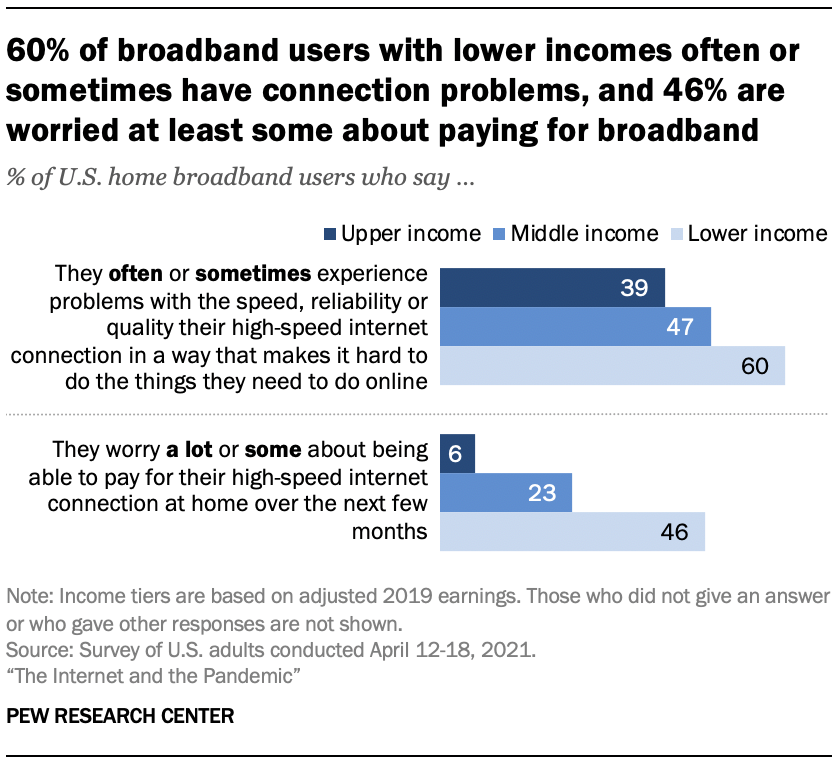




.png)
